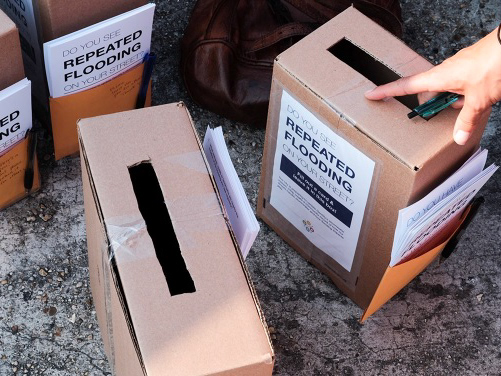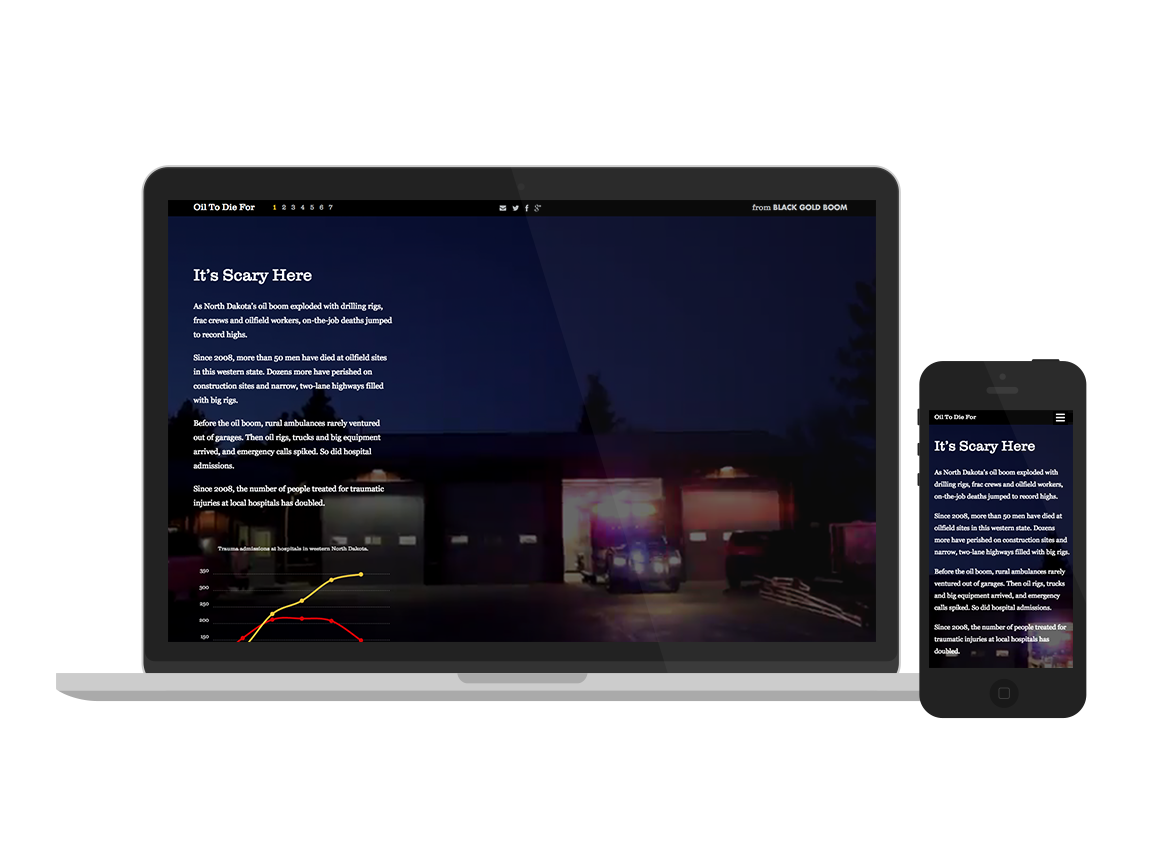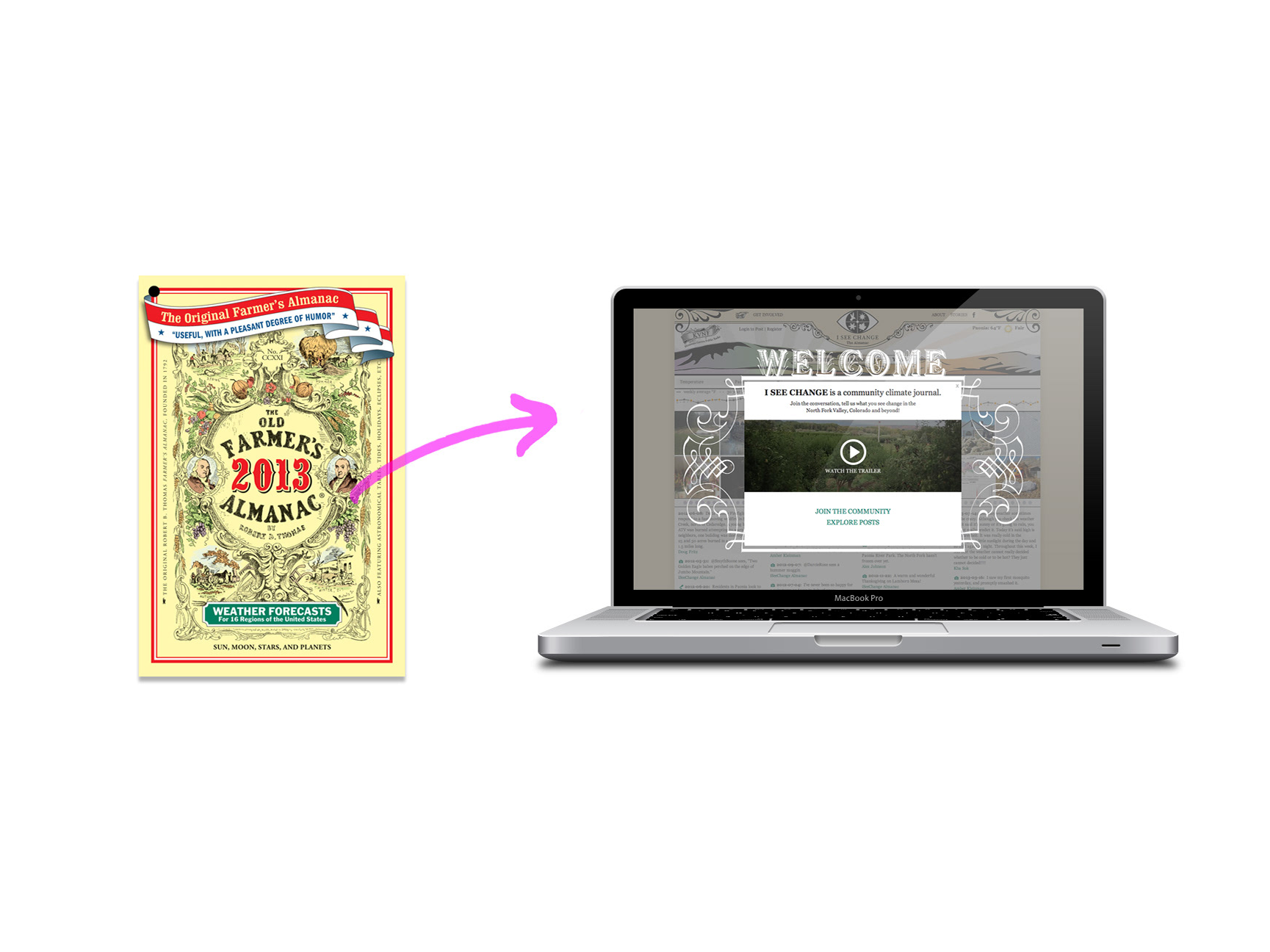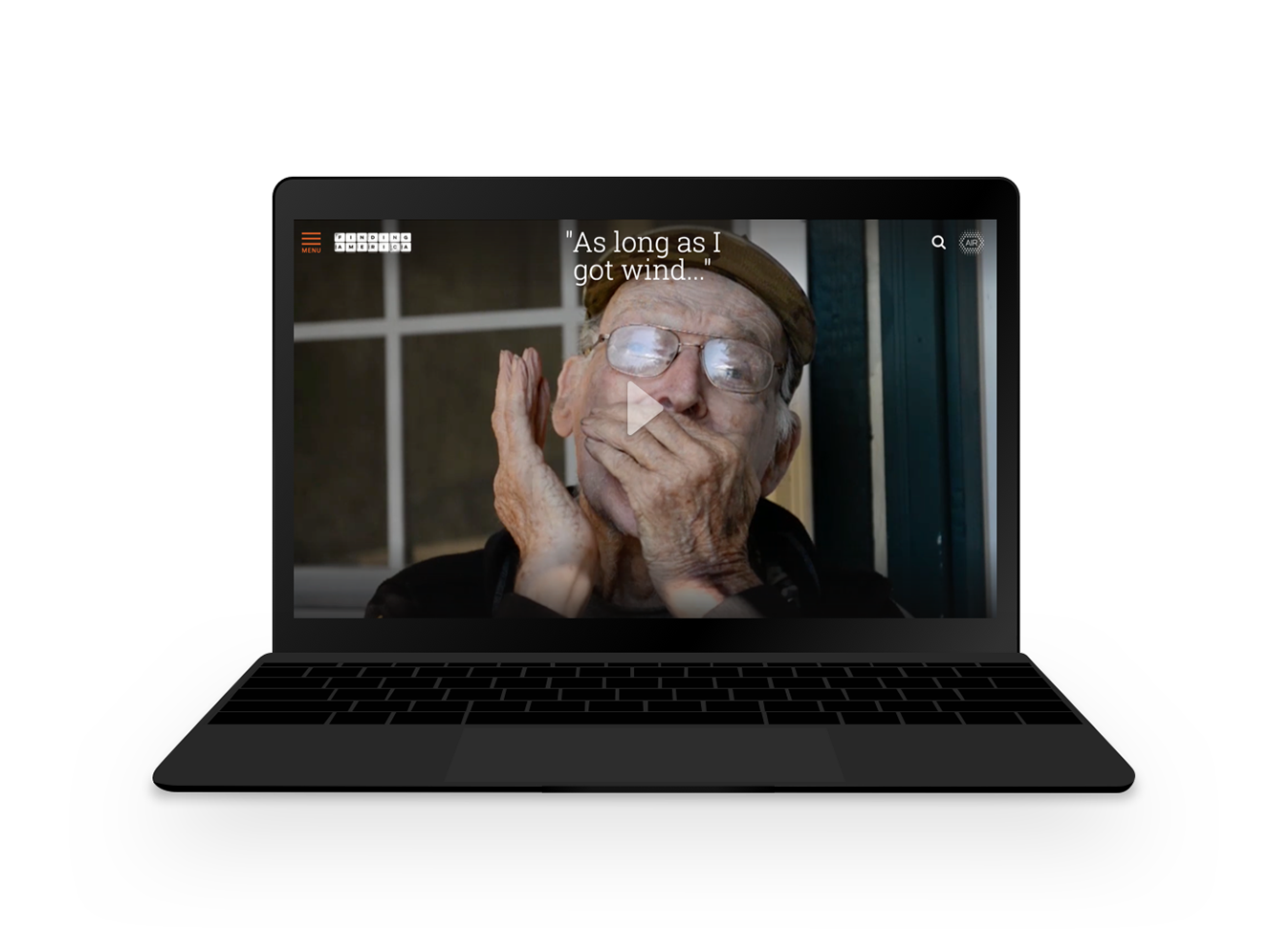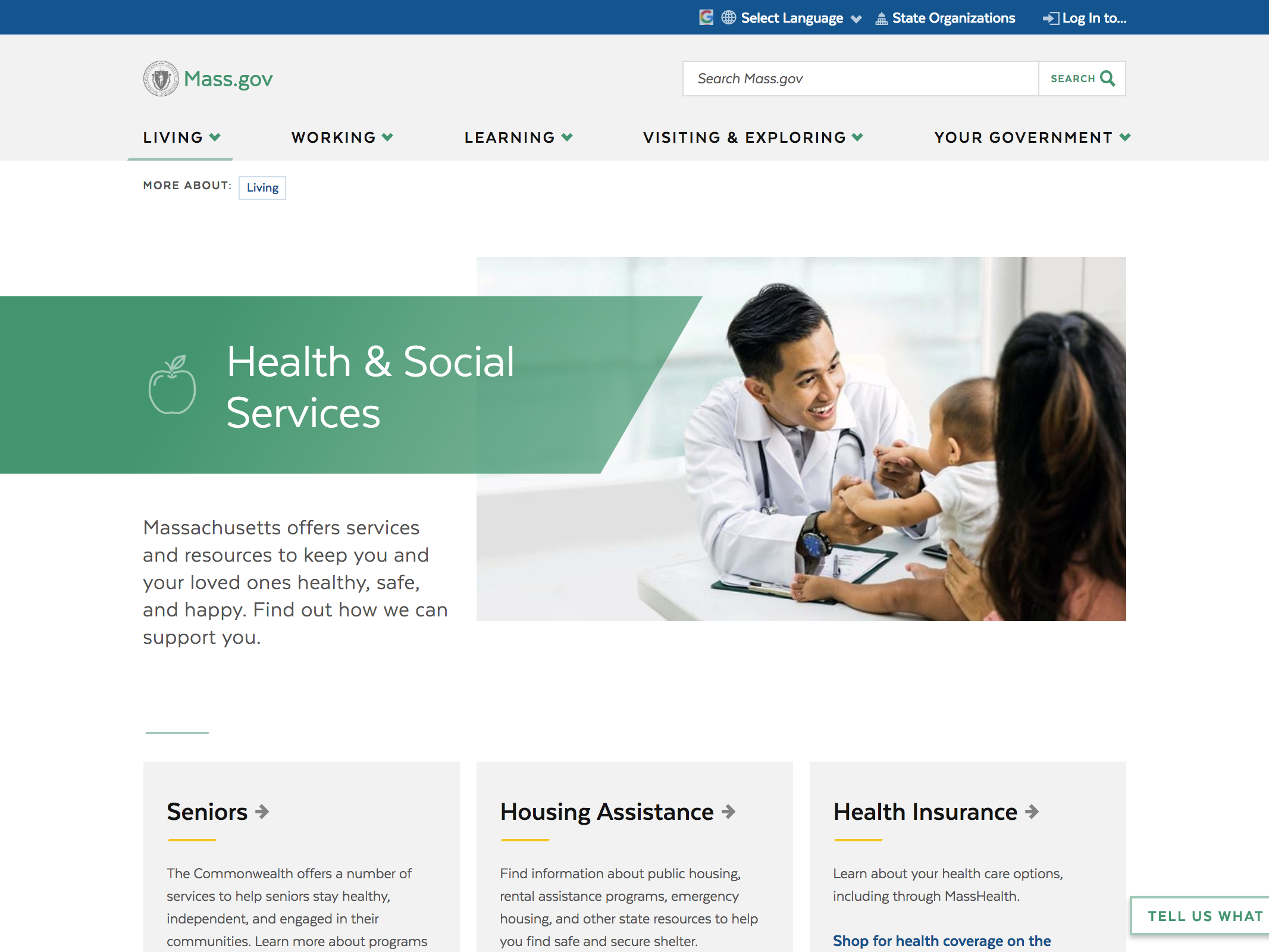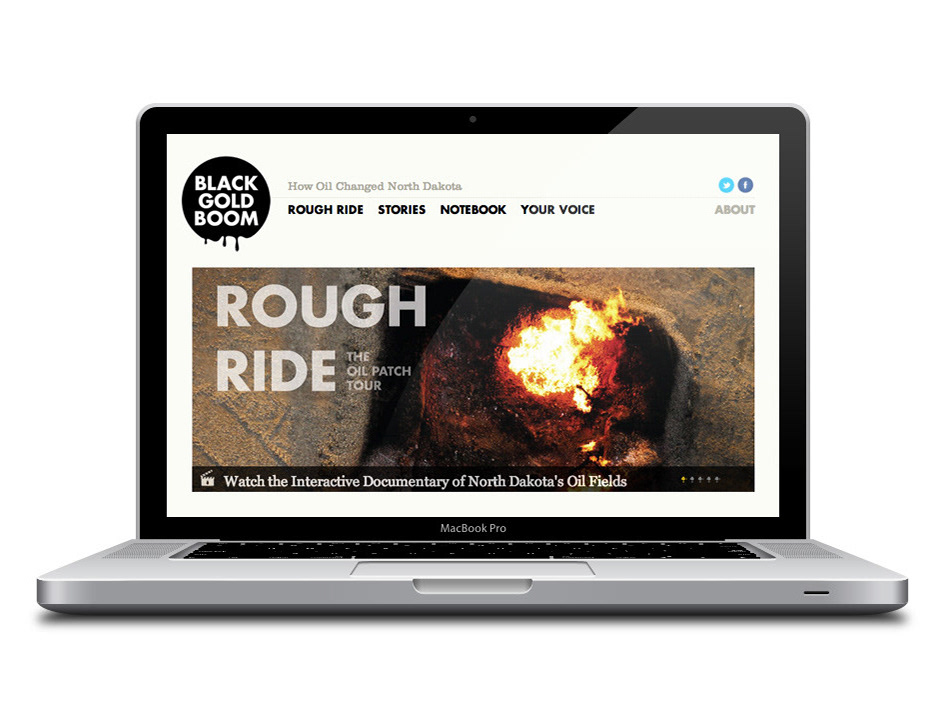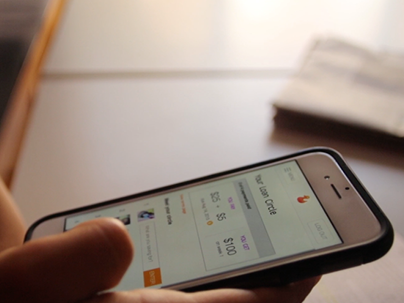The population of legal permanent residents eligible to naturalize is estimated at 8.9 million individuals. Yet, only around 750,000 are applying to naturalize on non-election years. With a team of two other researchers at New America - Raph Majma and Sabrina Fonseca, we set out to understand the underlying obstacles and catalysts to citizenship. We crafted a 6-month research plan using design thinking and an ethnographic approach.
During the first few months, we interviewed over 70 Legal Permanent Residents (LPRs), surveyed attendees of citizenship workshops and spoke with many leaders in immigration services and local politics. Using an iterative synthesis approach, we were able to distill trends and patterns from these rich, qualitative interviews. Each interview would ultimately be coded in Airtable to help us track complex patterns across all interviewees. With permission, we also kept transcripts of each interview which allowed us to refer back to the original story and maintain context to our research findings. At the end of our research, the team wanted to provide actionable next steps for those in immigration services. With this in mind, we also workshopped some findings into prototypes which we tested with previous and new interviewees.
One of these tested concepts is a clickable prototype for an immigration checklist app that could span the full immigration journey (from visa entry to citizenship application). The checklist app allowed us to explore the appeal of this tracking style technology to combat a major obstacle - which is that citizenship is not urgent or top of mind compared to obtaining a green card. With this app, immigration service providers could reinforce citizenship in a timely, meaningful way while helping to alleviate the overwhelming nature of the naturalization application.
Within this checklist app, we also tested the appeal of creating an organic support group by allowing LPRs to invite loved ones (or vice versa) to assist or motivate them throughout the process. Another research finding was how those with motivation were able to overcome large obstacles such as English barriers or fear of immigration related events.
At the end of our project, all findings and testing results were synthesized into a full report and shared publicly on New America's Public Interest Technology site.

